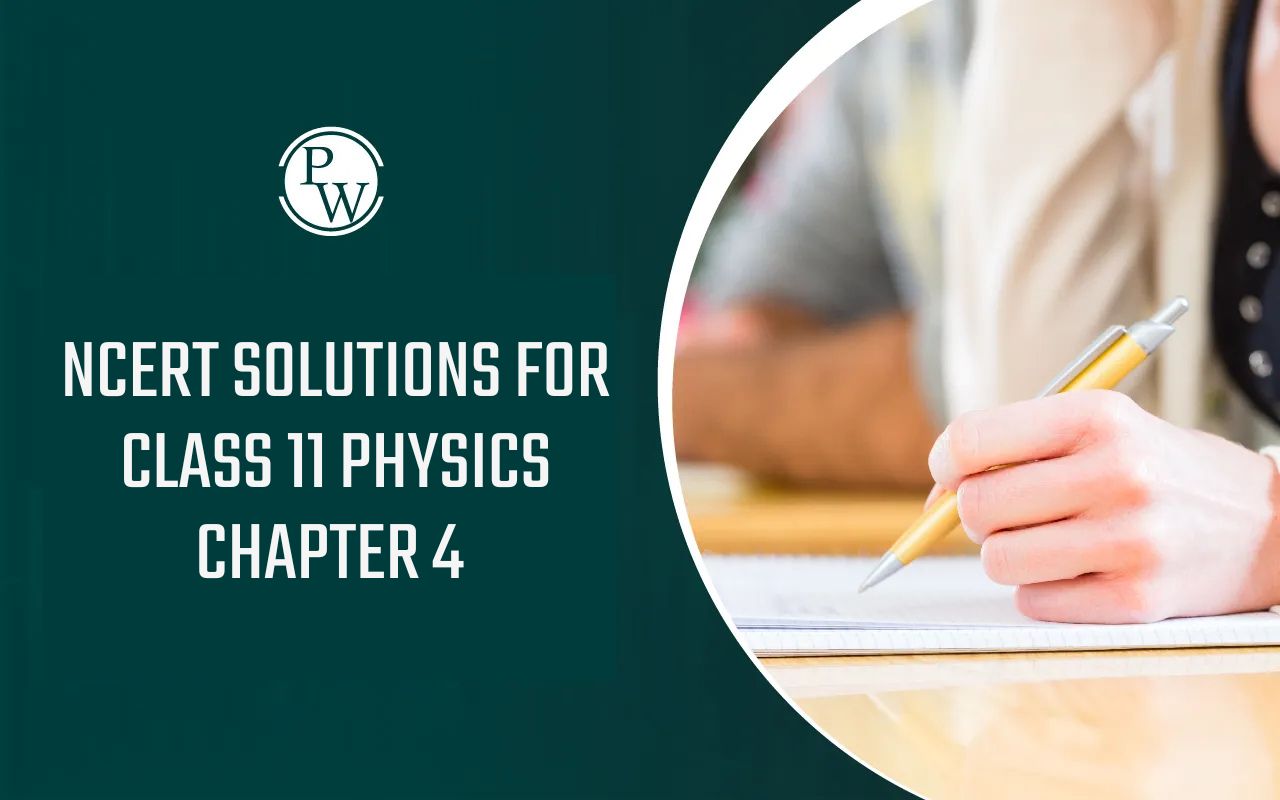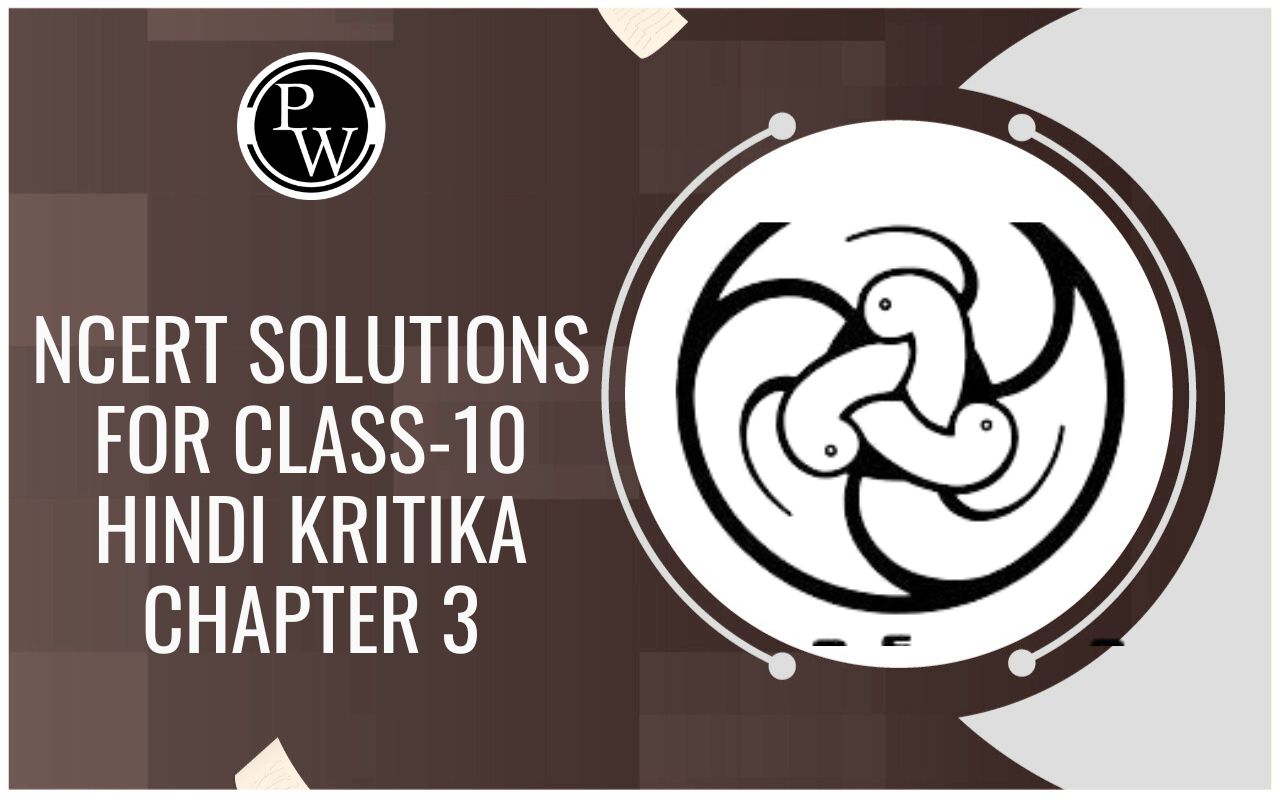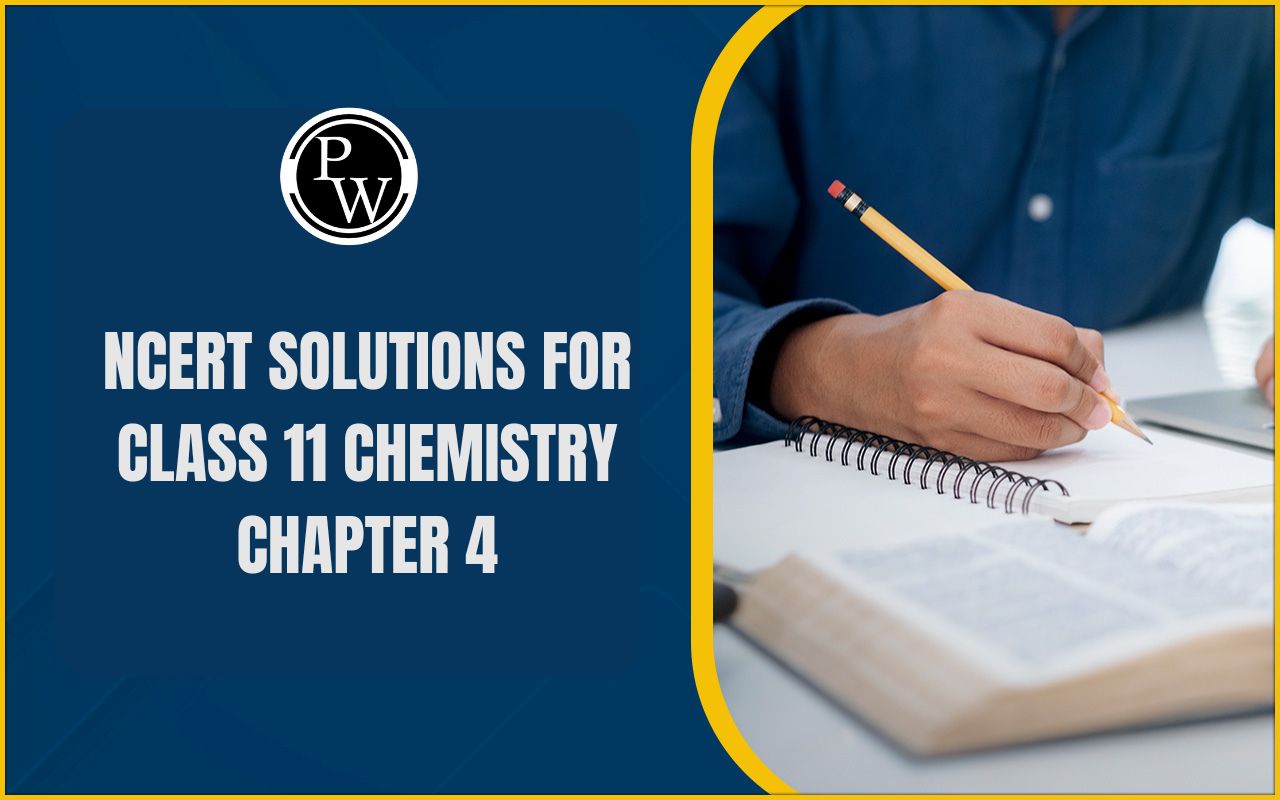
CLAT English Questions With Solution Sheet-6
CLAT
Find CLAT English Worksheet-6 Questions and Answer Sheet Pdf
This page consists of important questions based on previous year CLAT English exam. Do solve all the questions and use as reference solutions given in the sheet. For more CLAT English Question check out parent Page.
CLAT English Worksheet-6 With detail solutions
Directions (1 – 5): Choose the word or the group of words which is most nearly the SAME in meaning of the word given in bold at the question place as used in the passage.
1. DISMAL
(a) depressing (b) disabled (c) bitter (d) level-heated
1. (a)
2. ADAPTATION
(a) support (b) substance (c) adjustment (d) deviation
2. (c)
3. RENDER
(a) conclude (b) make (c) expect (d) breakout
3. (b)
4. OMINOUS
(a) Threatening (b) Powerful (c) Ubiquitous (d) Burdensome
4. (a)
5. PROCRASTINATE
(a) Multiply (b) Irregular (c) Postpone (d) Predict
5. (c)
1-5. Vocabulary – Synonyms – Medium
Directions (Q. Nos. 6 to 10): In each question a sentence is given with a part printed in bold. That part may contain a grammatical error. Replace that part with one of the four choices given below.
6. The meeting was postponed due to lack of quorum.
(a) due (b) because of (c) for (d) against the
6. (c)
7. It was quite clear that the athlete can be able to improve upon his own record.
(a) will be able to (b) should be able (c) would be able (d) be able
7. (c)
8. He has not written any book since his mother had died.
(a) died (b) have died (c) has died (d) was dead
8. (a)
9. It was too cold to go out last evening, so we all stayed at home.
(a) too cold for going (b) very cold to go (c) extremely cold for go (d) No correction required
9. (d)
10. In quick time she got acquainted with the new environment.
(a) In enough time (b) In small time (c) On time only (d) In no time'
10. (d)
6-10. Grammar - Error Identification – Easy
Directions (Q. Nos. 11-18) Read the given passage carefully and attempt the questions that follow.
It is an old saying that knowledge is power. Education is an instrument which imparts knowledge and therefore, indirectly controls power. Therefore, ever since the dawn of our civilization persons in power have always tried to supervise or control education. It has been handmaid of the ruling class. During the Christian era, the ecclesiastics controlled the institution of education and diffused among the people the gospel of the Bible and religious teachings. These gospels and teachings were no other than a philosophy for the maintenance of the existing society.
It taught the poor man to be meek and to earn his bread with the sweat of his brow, while the priests and the landlord; lived in luxury and fought duels for the slightest offence. During the Renaissance, education p assed more from the clutches of the priest into the hands of the prince In other words, it became more secular. Under the control of the monarch, education began to devise and preach the infallibility of its masters, the monarch or king. It also invented and supported fantastic theories like The Divine Right Theory- and that the king can do no wrong etc With the advent of the industrial revolution, education took a different turn and had to please the new masters. It now no longer remained the privilege of the baron class, but was thrown open to the new rich merchant class of the society. The philosophy, which was in vogue during this period was that of 'Laissez Faire' restricting the function of the state to a mere keeping of laws and order while on the other hand, in practice the law of the jungle prevailed in the form of free competition and the survival of the fittest.
11. What does the theory 'Divine Right of King' stipulate?
(a) The kings are God
(b) Thai the right of governing is conferred upon the kings by God
(c) They have the right to be worshipped like Gods by their subjects
(d) That the right of kings are divine and therefore sacred
11. (d)
When education passed more from the clutches of the priest into the hands of the prince, it became more secular or it became sacred or not spiritual however education was started to devise or planned carefully and preach. The infallibility of its menters, the king. And it shows that they were not aware of how it is going to work. So, the right of kings are divine and therefore sacred would be suitable option for it.
12. Who controlled education during the Renaissance?
(a) The common people (b) The prince
(c) The church and the priests (d) None of the above
12. (b)
As we discussed in the in the above passage that during the Renaissance, education passed more from the clutches of the priest into the hands of the prince so option (b) (the prince) would be appropriate.
13. What did the ruling class in the Christian Era think of the poor man?
(a) That he is the beloved of Cod
(b) That he deserves all sympathy of the rich
(c) That he should be strong and lord over others
(d) That lie is meant for serving the rich
13. (d)
Ruling class thought that poor clan people are only for serving them because, the monarch and the priests used to fight to take over the power to control all the system they even did not think about the poor class people at all at that time.
14. Who controlled the institution of education during the Christian Era?
(a) The secular leaders of society
(b) The church and the priests
(c) The monarchs
(d) The common people
14. (b)
During the Christian Era the priests (ecclesiastics) controlled the institution of education.
15. What does the word 'fallibility' mean?
(a) That every man is open to error
(b) Sensitivity
(c) The virtue of not making mistake
(d) That some divine power is responsible for determining the fate of the man
15. (c)
Fallibility means 'The virtue of not making mistakes according to the passage'.
16. What do you mean by the 'sweat of his brow’?
(a) Very hard work
(b) The tiny droplets of sweat on the forehead
(c) The wrinkles visible on the forehead
(d) The sign of innocence
16. (b)
'Sweat of his brow' means the tiny droplets of sweat on the forehead because the ruling people wanted the poor people not to notice which they had been doing for a long time to get the control and ruling people wanted them to keep working without complaint or any objection, so that ruling people could do whatever they want together.
17. What does the policy of 'Laissez Faire' stand for?
(a) Individual freedom in the economic field
(b) State control over law and order in society
(c) Joint control of the means of production by the state and private enterprise
(d) Decontrol over law and order by the ruling class
17. (d)
The policy of 'Laissez Faire' means decontrol over law and order by the ruling clan, however the ruling people did not care at all about the law, about the poor people they just wanted full control on the whole system, they wanted the law to get controlled by them not by the government.
18. Which of the following describes the writer?
(a) Concerned (b) Unconcerned (c) Aggressive (d) Frustrated
18. (d)
In the last line the author used an example of jungle prevailed and of course he compared it to the situation which had been occuring among ruling people and the priests to get the power it means the author wants to say that they did not think like an human being however, they acted like animals to do got what they want so it seems that author must he frustrated.
11-18. Reading Comprehension – Medium
Directions (Q. Nos. 19-22) : In questions below, each passage consists of six sentences. The first and sixth sentences are given at the beginning. The middle four sentences in each have been removed and jumbled up. They are labelled as, P, Q, R and S. Find out the proper order for the four/sentences.
19. S 1 : A force of exists between everybody in the universe.
P : Normally it is very small but when the one of the bodies is a planet, like earth the force is considerable.
Q : It has been investigated by many scientists including Galileo and Newton.
R : Everything on or near the surface of the Earth is attracted by the mass of Earth.
S : This gravitational force depends on the mass of the bodies involved.
S 6 : The greater the mass, the greater is the earth's force of attraction on it. We can call this force of attraction gravity.
The proper sequence should be
(a) PRQS (b) PRSQ (c) QSRP (d) QSPR
19. (d)
20. S 1 : Growing up means not only getting larger, but also using our sense and our brain is to become more aware of things around us.
P : Not only does he have a memory but he is able to think and reason.
Q : In this, man differs from all other animals.
R : Before we spray cur roadside plants or turn sewage in to our rivers, we should pause to think what the results of our action are likely to do.
S : This is to say, he is able to plan what he is going to do in the light of his experience before he does it.
S 6 : In other words, we must develop and use our ability to reason, because the destruction or the: preservation of the places in which we live depends on us.
The proper sequence should be
(a) QRSP (b) SPQR (r) CDDH (s) QPSR
20. (d)
21. S 1 : Jawaharlal Nehru was the greatest plan-enthusiast.
P : Under Nehru's advice, the pre- independent congress set up National Planning Commission in 1938.
Q : But he forgot that what could be achieved by force under the communist dictatorship of Russia was not possible under the democratic set up of India.
R : He took the idea from Russia where Five year plans transformed a very backward country into a top power of the world.
S : No free government can call for compulsory sacrifice and suffering from the whole people.
S 6 : Nehru himself became the chairman of the commission.
The proper sequence should be
(a) PSQR (b) SRQP (c) QPRS (d) RQSP
21. (d)
22. S 1 : A ceiling on urban property.
P : No mill-owner could own factories or mills or plants.
Q : And mass. circulation papers.
R : Would mean that.
S : No press magnate could own printing presses.
S 6 : Since their value would exceed the ceiling fixed by the government.
The proper sequence should be
(a) QSRP (b) RPSQ (c) SRPQ (d) QPSR
22. (b)
19-22. Grammar - Sentence rearrangement – Tough
Direction : Read the following passage carefully and answer the questions that follow.
Petroleum or crude oil, is one of the world's ... (23)..... natural resources. Plastics, synthetic fibers and ... (24) ...chemicals are produced from petroleum. It is also used to make lubricants and waxes ....(25).....its most important use is as a fuel for heating, for generating electricity and especially for powering vehicles.
23. (a) as important (b) most important (c) so importantly (d) less importantly
23. (b)
24. (a) much (b) a lot (c) plenty (d) many
24. (d)
25. (a) Therefore (b) However (c) Moreover (d) Hence
25. (b)
23-25. Grammar - Paragraph Completion – Easy
Directions (Q. Nos. 26-30) In each of the following questions, a related pair of words is followed by four pairs of words or phrases. Select the pair that best expresses a relationship similar to the one expressed in the question pair.
26. Sorrow : Misery
(a) Love : Obsession (b) Amity : Harmony
(c) Happiness : Joy (d) Enemy : Hatred
26. (c)
Synonym pair
27. Drama : Audience
(a) Brawl : Vagabonds (d) Game : Spectators
(c) Art : Critic (d) Movie : Actors
27. (b)
Drama is viewed by audience similarly game is viewed by spectators.
28. Nuts : Bolts
(a) Nitty: Gritty (b) Bare: Feet (c) Naked : Clothes (d) Hard : Soft
28. (c)
As nuts are covered with bolts in the same way a naked is covered with cloths.
29. Book : Author
(a) Rain : Flood (b) Light : Switch
(c) Symphony: Composer (d) Song : Music
29. (c)
Book is written by author in the same way symphony is composed by composer.
30. Action : Reaction
(a) Introvert : Extrovert (b) Assail: Defend
(c) Diseased : Treatment (d) Death : Rebirth
30. (d)
As action is followed by reaction in the same way Death is followed by Rebirth.
26-30. Grammar – Pairs – Medium
Directions (Q. Nos. 31 to 35): Sentences are given with blanks to be filled in with the appropriate word(s). Four alternatives are suggested for each question.
31. The farmer had . . . . . . . land and many servants.
(a) very little (b) some (c) a lot of (d) many
31. (c)
32. The criminal together with his associates . . . . . . . arrested.
(a) are (b) was (c) were (d) have
32. (b)
33. By the time I reach America, it . . . . . . . morning.
(a) is (b) would be (c) must be (d) was
33. (b)
34. When he got married he . . . . . . . a life insurance policy.
(a) took up (b) took out (c) took in (d) took over
34. (c)
35. In the last few days . . . . . . . to help him?
(a) anything has been done (b) is anything done
(c) something is done (d) has anything been done
35. (d)
31-35. Fill in the Blanks & Cloze Test – Easy
Directions (36 – 40) : Choose the word of the group of words which is most nearly the OPPOSITE in meaning of the word given in bold at the question place as used in the passage.
36. ELEVATE
(a) argue (b) convince (c) indulge (d) lessen
36. (d)
37. TRIVIALITIES
(a) essentials (b) emoluments (c) promises (d) details
(e) interferences
37. (a)
38. INMICAL
(a) destitute (b) conspicuous (c) oppressed (d) compatible
38. (d)
39. GRISLY
(a) Fragrant (b) Haggard (c) Pleasant (d) Shapely
39. (c)
40. CADAVEROUS
(a) Skilful (b) Obese (c) Lucid (d) Inquisitive
40. (b)
36-40. Vocabulary – Antonyms – Medium







